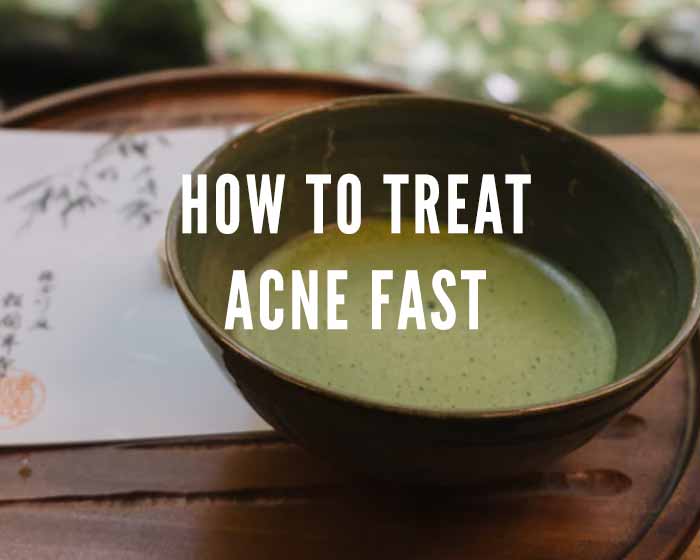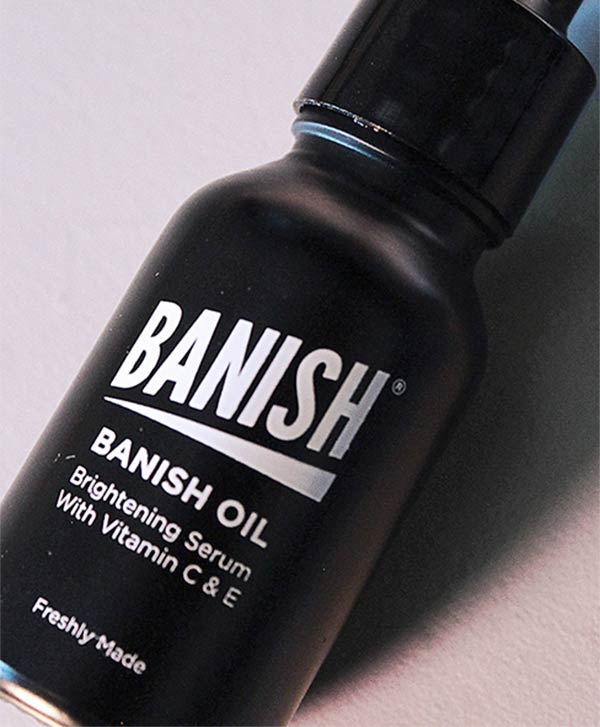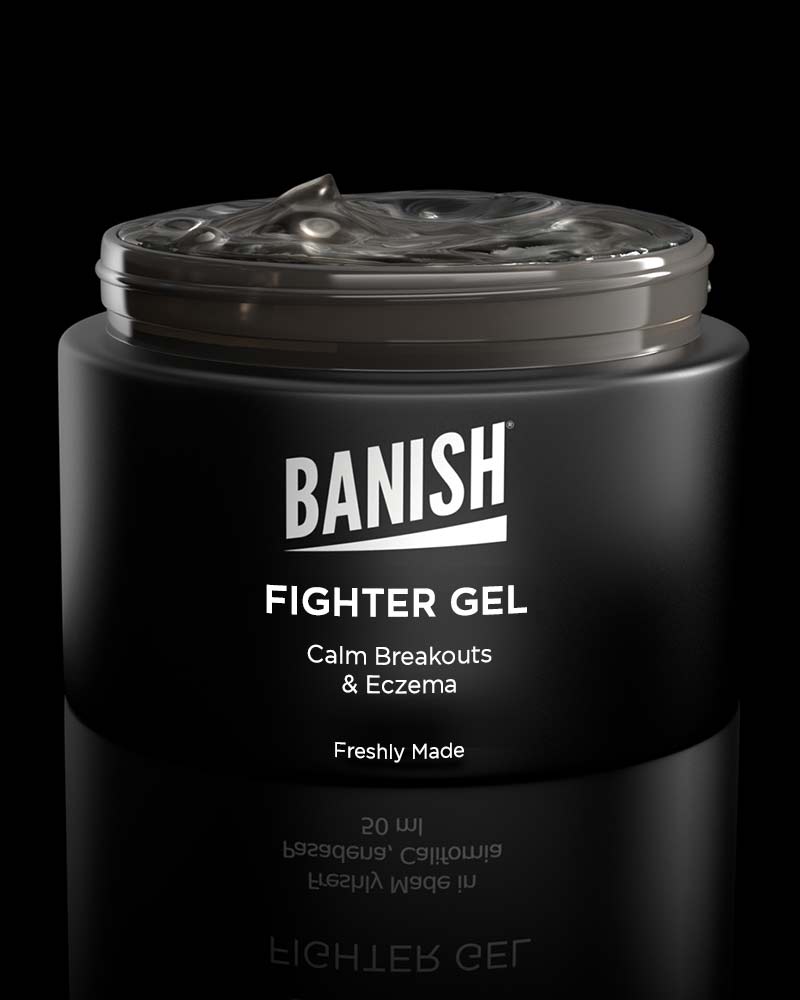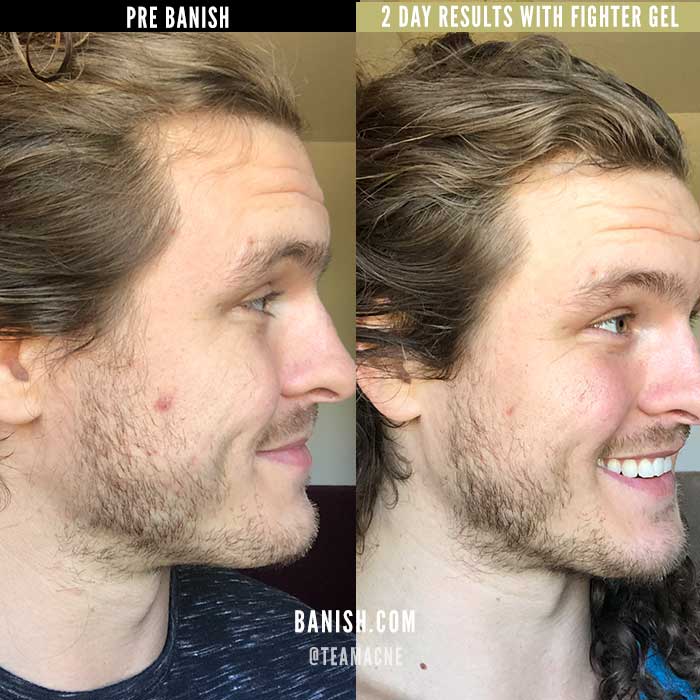In order to keep our skin at it's best, we should exfoliate 1-3 times a week. Exfoliating is the process of removing the top layer of the oldest skin cells on the surface of our skin.
People who have acne prone skin or hyperpigmentation tend to benefit from exfoliating regularly because it increases your skincell turnover and rejuvenation rate. Increasing your skincell turnover can help lessen the chances of your pores clogging as well.
Removing dead skin cells also lets your skincare products like serums, moisturizers and masks to absorb better into skin.
Which exfoliation method is best?
It really depends on your skin type but in general if you have active breakouts especially on your facial skin, chemical is better and physical exfoliation works better for thicker skin found on the body.
Chemical exfoliants contain acids that will break down the bonds and proteins between skin cells to remove unwanted dead skin and increase the skin turnover rate. This exfoliating method is great if you have sensitive acneic skin because it doesn't have the physical abrasiveness and friction that may aggravate and overly irritate skin with active acne on it.
Look for something with alpha hydroxy acids in it such as glycolic or lactic acid. There are also BHA's like salicylic acid that gently exfoliate. Enzymes like pumpkin contain natural BHA which also eat away at dead skin cells. We recommend the pumpkin enzyme masque to exfoliate acne prone skin as it contains skin hydrating ingredients within it.
Physical exfoliators work by physically agitating and rubbing off the uppermost layer of your skin to remove dead skin cells. Some very fine physical exfoliators might be safe to use on the face, but may potentially irritate facial skin. Physical exfoliators are fine to use on areas of thicker skin like your body. Physical exfoliators include brushes, sponges, clothes, and scrubs.
If your skin feels agitated or sensitive then decrease the frequency you exfoliate and you can increase frequency if your skin tolerates well. Signs of sensitized skin can include stinging sensation or pain, increased redness, itching, and dry skin.

























Leave a comment
All comments are moderated before being published.
This site is protected by hCaptcha and the hCaptcha Privacy Policy and Terms of Service apply.